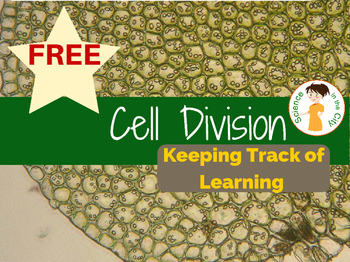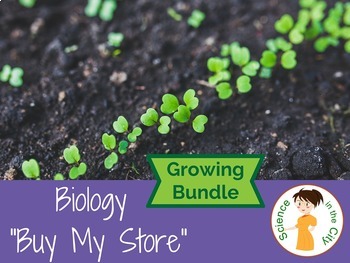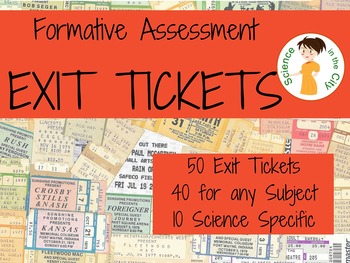How do you do vocabulary in them?
How do you organize a unit?
I focus on vocabulary in INB's in two ways. First, at the start of each unit my students make a cover page. In traditional INB fashion, this cover page has a left and right hand page (input and output).
On the student output side, I have them divide the page into four. In the center of the four squares I have them write the title of the unit. Then in each of the four boxes I give them a key vocabulary word for the unit.
Then I have them use the textbook, look online, or based on their own knowledge, draw a picture that goes with each vocabulary term, and write a caption. This gets them connecting to what they already know, and previewing the topics.
On the teacher input side I give them a sheet that has the learning objectives of that unit, and the key vocabulary for the unit.
This gives the students a reference point, as well a view of where they are going during this unit.
Then at the end of the unit I have them write a reflection that has to include main points they have learned in the unit, and a reflection on their work. In their reflection, they have to use a certain number of the key vocabulary terms. They also have to revisit their work and discuss, what pages did they do the best on? What could they have improved upon? Etc.
I find that these two experiences really help them to focus on the main concepts of the unit, and tie together what they are learning.
Here is a sample of the objectives that I might use....
How do you organize a unit?
I focus on vocabulary in INB's in two ways. First, at the start of each unit my students make a cover page. In traditional INB fashion, this cover page has a left and right hand page (input and output).
On the student output side, I have them divide the page into four. In the center of the four squares I have them write the title of the unit. Then in each of the four boxes I give them a key vocabulary word for the unit.
Then I have them use the textbook, look online, or based on their own knowledge, draw a picture that goes with each vocabulary term, and write a caption. This gets them connecting to what they already know, and previewing the topics.
On the teacher input side I give them a sheet that has the learning objectives of that unit, and the key vocabulary for the unit.
This gives the students a reference point, as well a view of where they are going during this unit.
Then at the end of the unit I have them write a reflection that has to include main points they have learned in the unit, and a reflection on their work. In their reflection, they have to use a certain number of the key vocabulary terms. They also have to revisit their work and discuss, what pages did they do the best on? What could they have improved upon? Etc.
I find that these two experiences really help them to focus on the main concepts of the unit, and tie together what they are learning.
 |
| Image from http://mrsloving.weebly.com/interactive-notebook-information.html |
Here is a sample of the objectives that I might use....
















